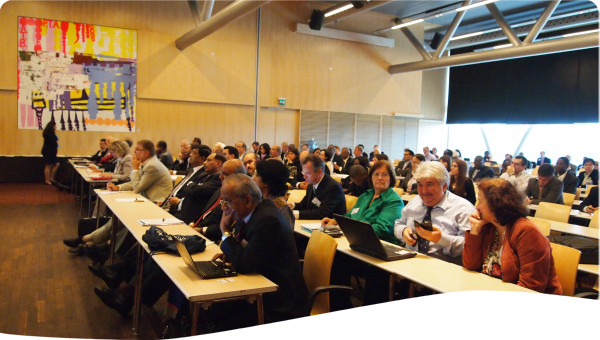From the 1990s and onwards, environmental planning and governance has undergone a broad participatory turn. This paper focuses on one specific aspect of participatory processes and the concrete arrangements through which they are carried out, more specifically: how such processes always come to enact some actors as ‘legitimately concerned’ stakeholders and others not. Such investigations bring into focus context-specific effects of inclusion and exclusion as well as de/legitimization of specific actors and concerns. We propose a flexible framework for untangling the various components which in different ways influence the fine-grained power dynamics at play in such events, particularly focusing on the enactments of stakeholders that result from the situated interplay of rationales and infrastructures for participation. The guiding ambitions for the framework is for it to be applicable to a broad range of subfields of environmental planning and governance while avoiding the analytical risks of strong normative commitments from the outset regarding whether participation per se is good or bad, and offering some novel insights into the investigated cases. Throughout the paper, we utilize two case studies, from urban planning and fisheries management, to test the analytical productivity of the proposed framework while also searching for cues for the further development of the framework itself.
Description / Abstract
Publication year
English
 Resource -
Resource -
